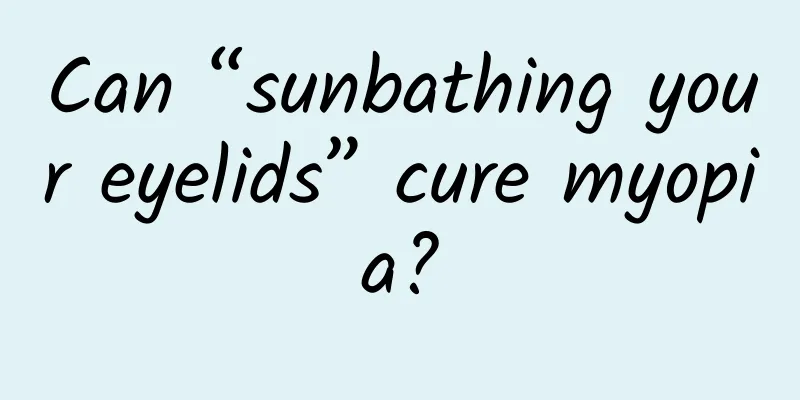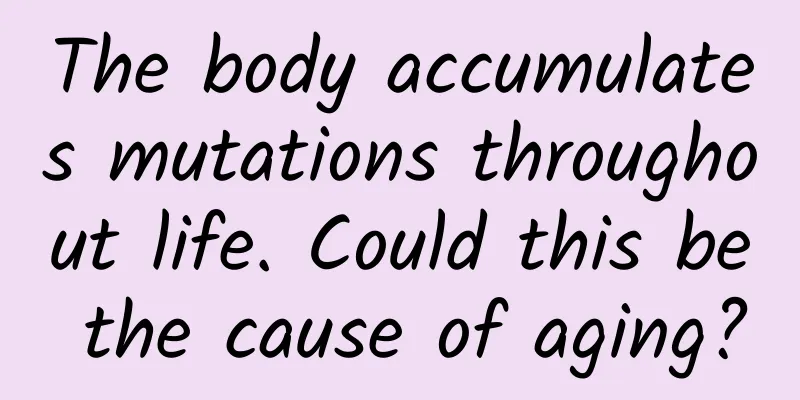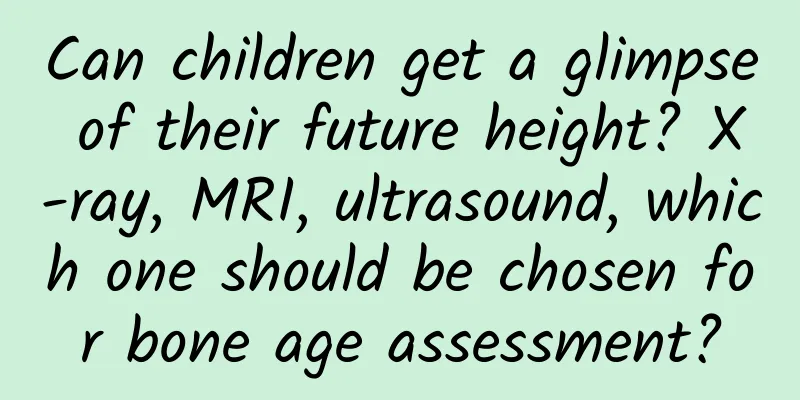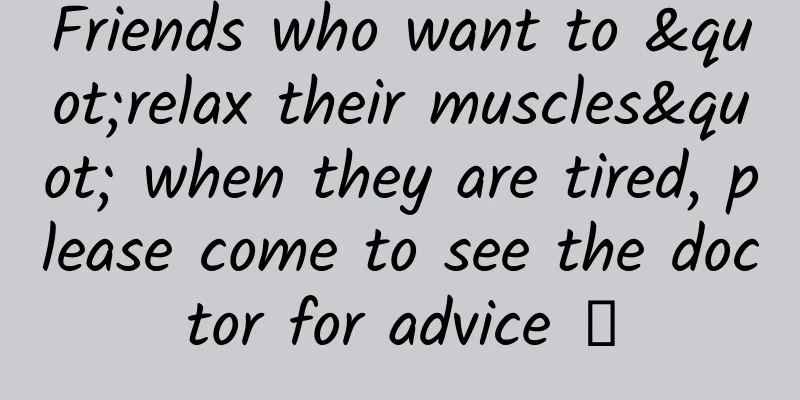Does mastitis affect breastfeeding?

|
Mastitis is a disease that is very harmful to women, and the chances of women suffering from mastitis are getting higher and higher. If mastitis is not treated properly, it will cause more serious breast diseases. Some mothers who are breastfeeding will also suffer from mastitis. After suffering from mastitis, they are afraid to breastfeed, fearing that their disease will affect their children. So, what is the effect of mastitis on breastfeeding? Don't worry, you can take self-care measures at home, such as hot compresses with towels and applying ointments. It is possible to breastfeed your baby if you have mastitis, but you need to be careful about the breastfeeding method. How to feed specifically: Acute mastitis is most common among primiparas, and there are many causes of acute mastitis. The main reason is that the mother's breastfeeding posture is incorrect. The baby does not completely cover the areola when feeding, causing cracks in the nipple skin. In this way, bacteria can easily invade the breast through the cracks and cause breast inflammation. Drinking high-fat milk-inducing soup too early or in excess is also one of the causes of acute mastitis. Patients with acute mastitis can first take self-care measures at home, such as hot compresses with towels and external ointments. If the nipple is infected or broken, you can wipe it with breast milk or use nipple ointment prescribed by the doctor. To prevent your baby from ingesting the ointment, you should apply the ointment after feeding, or clean the nipple with clean water before feeding. Mastitis is an inflammation of the breast that can quickly turn into an infection. Some areas of the breast may become red, hard, and painful, and the breast may feel hot and the inflamed area may swell. This is often called a "blocked duct," and while it's not really a blockage, it's actually milk entering tissue outside of the duct, and it can cause inflammation and swelling in the affected area. In fact, it is even more important to continue breastfeeding during the period of mastitis. Even though it may be extremely painful at times, you should still feed your baby as often as possible to keep your milk flowing smoothly. If your baby is not able to empty the inflamed breast at every feeding, you can use a breast pump to empty the milk. Mastitis will not affect your baby, and it is safe for your baby to feed from the breast with mastitis. Even if you have infectious mastitis and your baby eats breast milk that contains bacteria, these bacteria will be killed by your baby's stomach acid. If you have mastitis and your breasts are severely swollen, you should let your baby suck milk in time. This will help improve the mastitis after the milk is sucked out. But be careful, if you have a fever at this time, it is best not to breastfeed your baby. You must treat your fever in time before considering breastfeeding your baby. |
<<: Can I breastfeed if I have a low fever due to mastitis?
>>: Can I still breastfeed if I have a low fever due to mastitis?
Recommend
Why does menstruation only come for one day?
As we all know, a normal menstrual period for wom...
How long does it take to have a medical abortion during early pregnancy?
Medical abortion is the use of drugs to terminate...
Can I use a facial mask when I have my period?
When a woman is about to have her period, the hor...
What foods can maintain the uterus?
We all know that a good diet can make the body he...
What to eat during pregnancy and childbirth
In fact, for women who have undergone cesarean se...
Will I still ovulate after fertilization?
After the sperm and egg combine, a fertilized egg...
Morning sickness is actually fetal arrest
Women will have a lot of concerns after they beco...
What should you pay attention to during the tenth week of pregnancy?
The tenth week of pregnancy is the early stage of...
Will vulvitis heal itself? You can find out at three points
This issue is of greatest concern to women suffer...
Does Houttuynia cordata have any effect on pregnant women?
Pregnant women are a very special group. After pr...
Sporadic cases have appeared in many places in China. Beijing CDC: We must not relax our awareness of prevention and control for a moment.
People's Daily Online, Beijing, November 22. ...
What is the conservative treatment for ovarian cysts?
Nowadays, many female friends suffer from ovarian...









